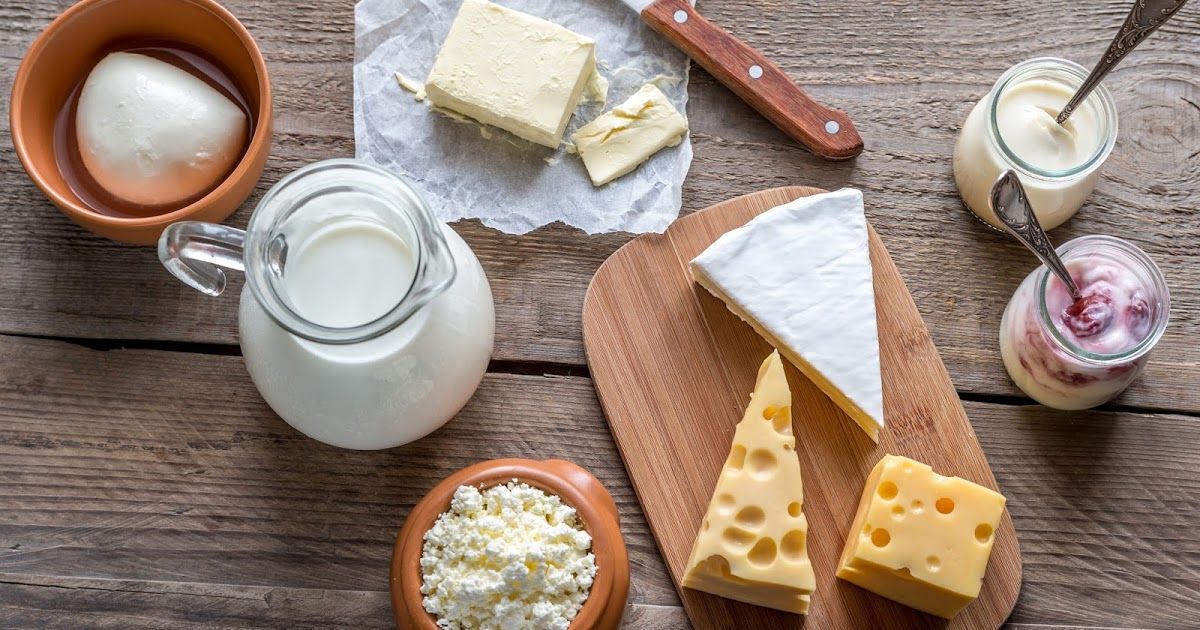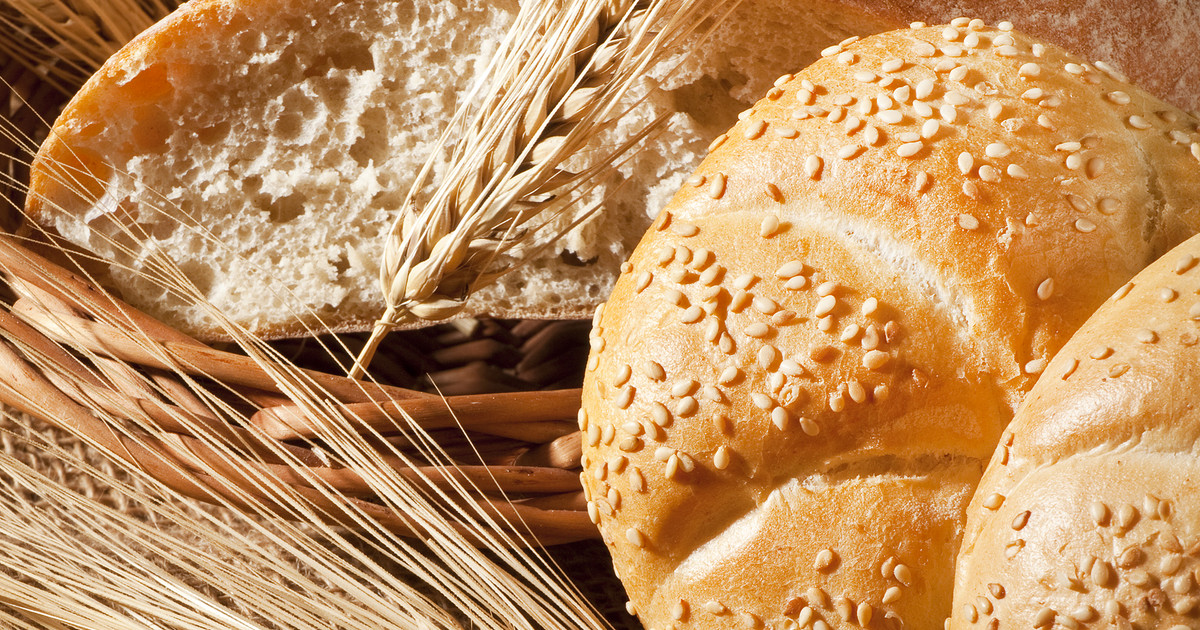Foods To Avoid While On The Whole30 Diet
In 2009, Melissa Urban created the Whole30 diet. The diet is based on the principle of eating unprocessed foods. Typically, dieters follow the plan for 30 days. Meat, fruit, vegetables, seafood, eggs, and healthy fats are all encouraged. However, the diet eliminates dairy, soy, grains, preservatives, and added sugars. They are eliminated to reduce cravings and improve metabolism and digestion. The diet also claims to improve immune system function. During the program, patients are not required to count or restrict calories, and they are encouraged to avoid weighing themselves.
Many individuals follow the Whole30 diet for weight loss. Some individuals even say it helps identify certain food allergies. Others use a combination Whole30 keto meal plan. Of course, many beginners try Whole30 frozen foods or a cheap Whole30 meal plan to make following the diet easier.
Dairy Products

Dairy products are often associated with an inflammatory response in the body. They can sometimes make individuals feel bloated. Additionally, individuals who are especially sensitive to dairy could experience fatigue or frequent sinus infections after consuming dairy products. These products may also worsen acne, eczema, and other inflammatory skin conditions. During the Whole30 program, it is essential to avoid all types of milk. This includes cow, goat, and sheep milk. Cheese, sour cream, yogurt, and kefir must also be eliminated during the diet.
Individuals can consume dairy-free milk alternatives if they do not contain carrageenan or soy. Patients might want to consider consuming dairy-free products fortified with calcium to ensure that they are getting enough calcium. Collard greens and sardines are excellent sources of calcium too. Patients who currently take a calcium supplement should continue taking this during the Whole30 program. They may want to ask their doctor about adjusting their dosage while on the Whole30 diet.
Continue reading to learn about more foods to avoid on the Whole30 diet now.
Grains

The Whole30 diet eliminates all grains, including oats, corn, rice, wheat, rye, and barley. Quinoa, buckwheat, and amaranth are eliminated as well. Patients on the Whole30 program are not allowed to consume foods that contain cornstarch, wheat germ, or other grain-based additives. Many of these are common in processed foods. When grains are eliminated, some individuals report feeling less bloated and sluggish, and some experience improvements in their mood.
Since processed foods are one of the major dietary sources of grains, eliminating these products typically helps Whole30 followers with weight loss. Grains can be hidden in many foods. Thus, patients need to be vigilant about reading labels to check for these. Instead of using grains as the basis for meals, it is helpful to build meals around vegetables. For example, a baked potato is an ideal substitute for rice. If patients notice symptoms that they feel could be connected to a grain sensitivity, they should ask their doctor about celiac disease. This is especially important if the symptoms return after grains are re-introduced at the Whole30 program's conclusion.
Get more details on foods to avoid on the Whole30 diet now.
